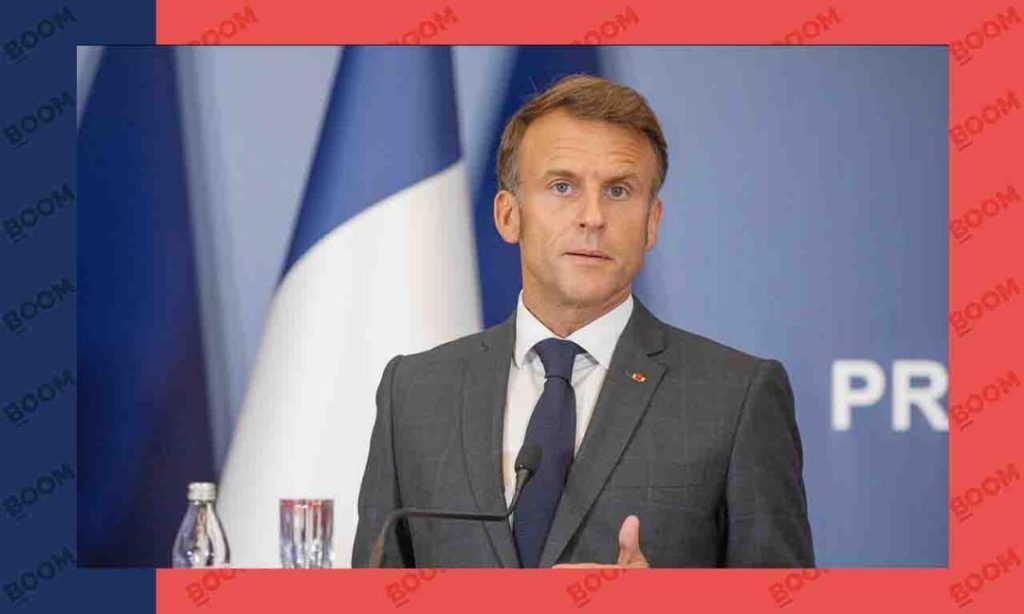
Macron Urges EU Ban on Social Media for Under-15s
In the aftermath of a school stabbing incident in which a 14-year-old student was involved, French President Emmanuel Macron has called for an EU-wide ban on social media for children under the age of 15. The incident has sparked widespread concern about the impact of social media on minors and the need for stricter regulations to protect them.
Macron’s proposal is not without precedent. In recent years, there have been growing calls for social media companies to take greater responsibility for ensuring the safety and well-being of their users, particularly children. In Australia, for example, a ban on social media for children under the age of 16 has been in place since 2017.
The French President’s proposal is part of a broader effort to address the growing concerns about social media’s impact on minors. In recent years, there have been numerous reports of social media’s negative effects on children, including increased anxiety, depression, and exposure to online bullying.
Macron’s proposal is also part of a larger effort to address the issue of online harassment and bullying. In recent years, there have been numerous reports of social media users being targeted with harassment and bullying messages, which can have serious consequences for their mental health and well-being.
In addition to the ban, Macron has also called for social media companies to verify the age of their users. This is seen as a crucial step in preventing minors from accessing harmful or inappropriate content online.
Macron’s proposal has been met with support from some quarters, but there are also concerns about the potential impact of such a ban on children’s freedom of expression and access to information.
In a statement, Macron said, “We cannot continue to tolerate the fact that our children are being exposed to the worst of humanity on the internet without any protection. We must act quickly and decisively to protect our children and ensure their safety online.”
The proposal has also been met with support from other European leaders, who have called for greater regulation of social media companies to protect minors.
Macron’s proposal is not without its challenges, however. Social media companies have been resistant to regulation in the past, and there are concerns that a ban could be difficult to enforce.
In addition, there are concerns about the potential impact of such a ban on children’s freedom of expression and access to information.
Despite these challenges, Macron’s proposal is seen as a crucial step in addressing the growing concerns about social media’s impact on minors.
Conclusion:
Macron’s proposal for an EU-wide ban on social media for children under the age of 15 is a significant step in addressing the growing concerns about social media’s impact on minors. The proposal is part of a broader effort to address the issue of online harassment and bullying, and to ensure the safety and well-being of children online.
While there are challenges to implementing such a ban, it is clear that social media companies must take greater responsibility for ensuring the safety and well-being of their users, particularly children. By taking action to regulate social media and protect minors, we can help ensure a safer and more positive online environment for all.
News Source:



